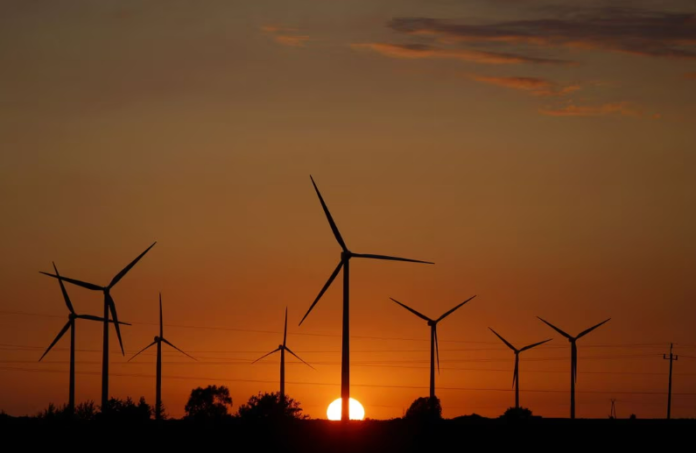Poland‘s parliament on Wednesday passed two pieces of legislation the government hopes will unblock billions in European Union funds, but doubts remained over whether the president would sign the judicial reform bill into law, according to Reuters.
Brussels has withheld 35.4 billion euros in COVID-19 recovery funds in a row over the rule of law, and has set milestones on issues such as judicial independence and green energy which Warsaw must fulfil to get the cash.
The most contentious reforms for those in Poland’s ruling camp concern the judicial system.
The bill would mean the Supreme Administrative Court would deal with disciplinary cases of judges instead of a contested chamber of the Supreme Court, which critics say has been used to punish judges critical of the government’s judicial reforms.
It would also mean judges would not face disciplinary action for questioning the independence of colleagues appointed by organs that critics say are politicised.
To become law, the bill needs to be signed by President Andrzej Duda. He can also veto it or refer it to the Constitutional Tribunal for review.
The lower house of parliament rejected amendments to the law proposed by the upper house, meaning it will go to the president in its original form.
Duda, a government ally, has previously said he would not accept any regulation that would allow the legitimacy of judges to be called into question.
„We will now continue to follow the next steps in the legislative process,” Didier Reynders, EU Commissioner for Justice, said on Twitter.
The lower house parliament also passed legislation changing some of Europe’s strictest rules on developing wind farms, backtracking on a government proposal that had aimed to more than double the existing capacity. That bill now goes to the upper house.
Relaxing rules on wind farm investment is also among the milestones Poland has to pass to unlock the EU funds.
The existing rules have practically blocked land for investment in new turbines since 2016, when the ruling Law and Justice Party mandated that a turbine should be a minimum distance of 10 times its height away from residential buildings.
While the government last year proposed to radically reduce that minimum distance, the ruling majority amended it higher again to a minimum of 700 metres in the bill passed on Wednesday, a move investors say deters planned investment.
The amendment will slash potential onshore wind investments by 60-70%, effectively discouraging them, according to the Polish Wind Energy Association which groups some 150 investors.


